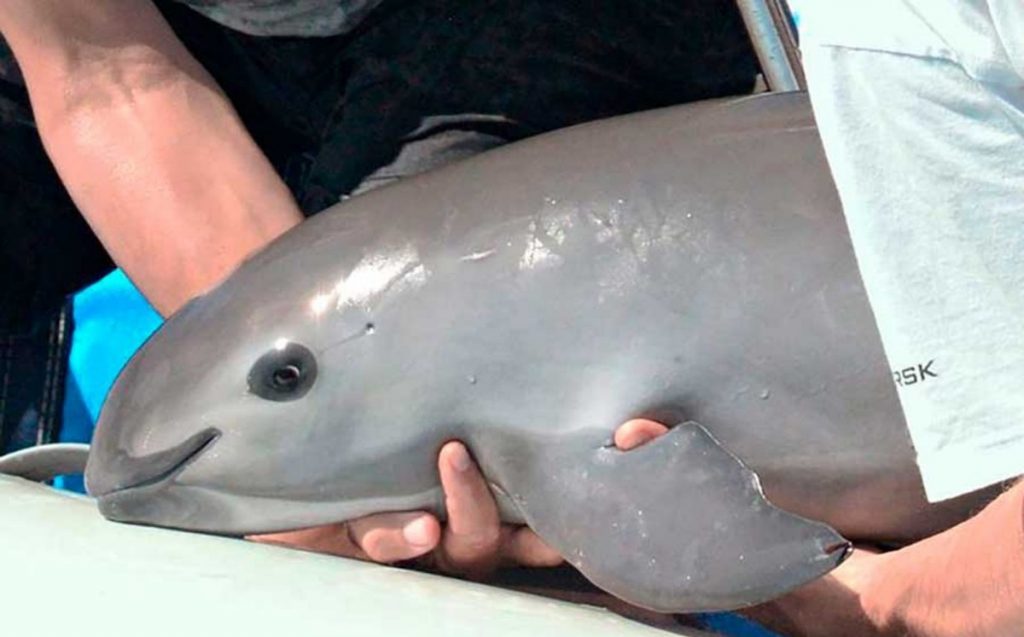The Convention on International Trade in Endangered Species of Wild Fauna and Flora (CITES) sanctioned the Mexican government after it failed to do enough to safeguard the life of the endangered vaquita porpoise.
Although the sanctions have not yet been announced, it is speculated that they could make it difficult for the country to export some regulated animal and plant products, such as crocodile or snake skin, orchids and cacti.
On the other hand, although commercial seafood species such as shrimp will not be affected, the ruling urges the necessary agencies to take note of the vaquita’s situation, in addition, some activist groups are also seeking the application of bans on the importation of seafood.
“Although no one likes sanctions that generate economic pain, all other initiatives to push Mexico to save the vaquita have failed […] We hope that these strong measures will make the Mexican government wake up,” said Sarah Uhlemann, director of international programs at the Center for Biological Biodiversity.
Meanwhile, Mexico’s Ministry of Foreign Affairs (SRE), noted that the CITES communiqué determined that the Mexican government’s efforts were insufficient.

Unfortunately, studies indicate that the entire Gulf of California, or Sea of Cortez, could only be home to eight vaquitas, being the only place where these porpoises live, however, their home is plagued by fishing gill nets, where they become entangled and end up drowning.
TYT Newsroom


